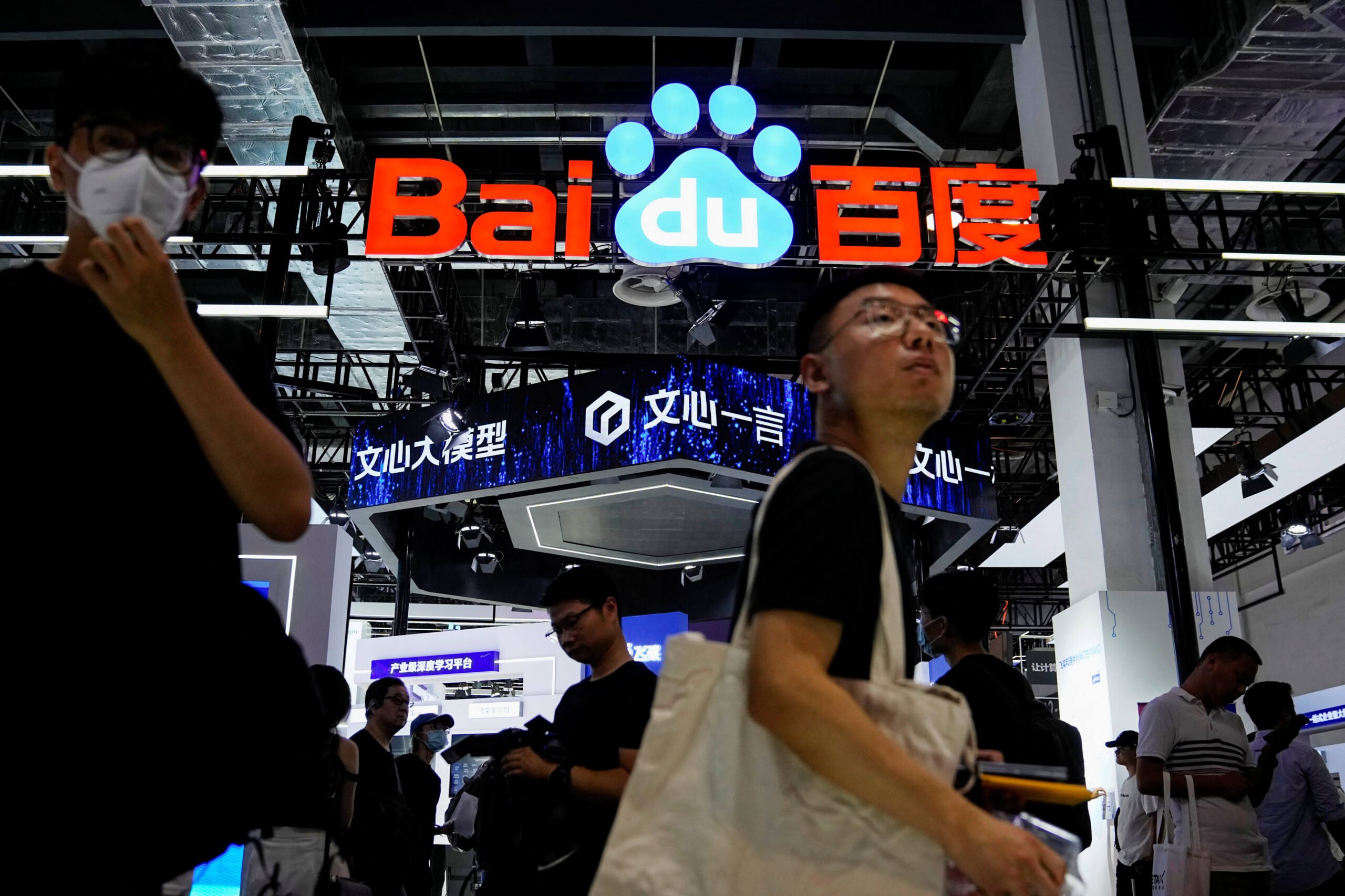On August 22nd, Baidu Inc (9888. HK), the prominent Chinese tech giant, pleasantly surprised the market by surpassing second-quarter revenue expectations. This achievement was attributed to the resurgence of advertising expenditure following the gradual relaxation of COVID-19 restrictions, which in turn catalyzed an economic rebound. As the operator of China’s largest search engine, Baidu heavily relies on online advertisements for the majority of its revenue, making it a significant beneficiary of this revival in digital ad spending.
During an analyst briefing, Baidu’s co-founder and CEO, Robin Li, highlighted the sectors that were outperforming, including advertising, healthcare, financial services, local services, and travel. He expressed optimism about the continuity of this positive momentum. Notably, the company’s U.S.-listed shares experienced a 1.2% increase in response to the favorable quarterly results and the CEO’s optimistic outlook.
Li emphasized that Baidu has been undergoing a transformative “paradigm shift” in recent years, particularly evident in its strategic focus on advancing artificial intelligence (AI). This shift is exemplified by the company’s investments in autonomous driving and large language models (LLMs). Notably, the success of OpenAI’s ChatGPT chatbot has fueled global interest in LLMs. Baidu has incorporated its Ernie AI model across various products, enhancing its search engine’s capabilities, among others. The company anticipates that these improvements will contribute significantly to capturing a greater market share.
Li shared that the concerted efforts invested in generative AI are beginning to yield positive results. This is exemplified by Baidu’s development of its ChatGPT-like Ernie bot, which has, however, been limited to invite-only testing pending regulatory approval. Li expressed optimism about the regulatory landscape, indicating that authorities are increasingly supportive of generative AI. This sentiment is reinforced by China’s recent publication of measures aimed at governing the generative AI industry, a move that is anticipated to provide regulatory clarity.
Baidu reported robust revenue of 34.06 billion yuan ($4.67 billion) for the quarter ending on June 30, surpassing the average analyst estimate of 33.28 billion yuan, as per Refinitiv data. The company’s online marketing revenue demonstrated a 15% increase during this period. Furthermore, Baidu’s adjusted profit per American Depositary Share (ADS) stood at 22.55 yuan, marking a substantial improvement compared to the previous year’s profit of 15.79 yuan per share. This earnings figure also outperformed the average analyst estimate of 16.86 yuan per ADS, according to Refinitiv data.
Baidu’s recent financial performance has exhibited resilience and adaptability amid changing market dynamics, particularly in the wake of the pandemic. The company’s strategic pivot toward AI, encapsulated by the development of innovative products like the Ernie bot, has positioned it well to capitalize on emerging trends and technological advancements. With an optimistic outlook, Baidu is poised to continue its growth trajectory and maintain its standing as a key player in China’s tech landscape.





